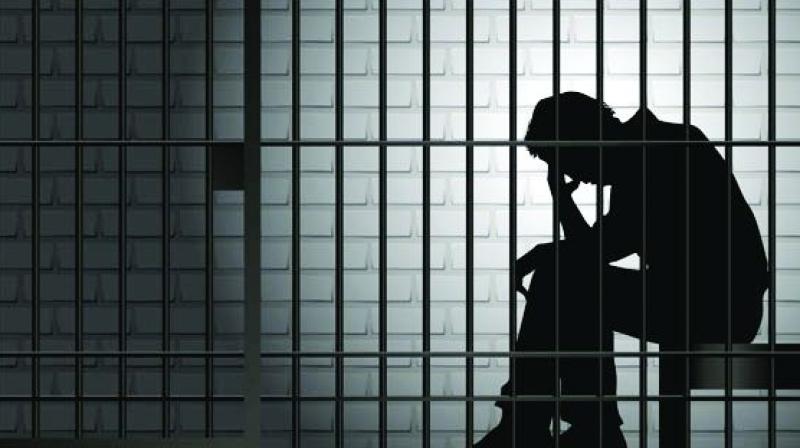Law Panel: Bail for rich, jail for poor is norm

Hyderabad: The Law Commission of India, a recommendatory body for reforming existing laws and judicial procedures, has said the existing system of bail in India is inadequate and inefficient as some 2.38 lakh under-trial prisoners languish in jails across the country for years.
The commission, in its 268th report, “Amend-ments to Criminal Procedure Code, 1973 – Provisions Relating to Bail”, says the present system of bail is heavily influenced by economic status and discriminates against the poor and the illiterate.
Scathingly, the commission pointed out, “our judicial system seems to have evolved two approaches to bail – bail as a right for the financially-able; and for the rest, bail is dependent on judicial discretion, exercised through manipulation of the amount of “reasonable” bail that will be required.”
Observing that the accused person’s ability to pay appears to have become the decisive factor for granting pre-trial release, the commission said, “one of the most frequently voiced criticisms of the system of bail is that it is based on money as surety...it discriminates against the poor.”
The commission also noted that grotesque crimes, involving extreme violence, were on the rise throughout the country.
Over the decades, the number of murders annually repor-ted has increased by 250 per cent, rape by 873 per cent, kidnapping by 749 per cent since 1953.
The commission was of the view that in the backdrop of increasing crime rate, insufficient infrastructure of justice, lack of modernisation of investigative machinery and various other challenges, the bail system cannot be fashioned into a tool for a responsive criminal justice system.
Strongly suggesting that pre-trial confinement should be minimised, the commission also recommended that under-trials for crimes for which the maximum sentence is seven years should be released if they have already served a third of the period as under-trials.
Under-trials who could be given more than seven years in jail if convicted (except death penalty and cases of terrorism) may be released if they have already served half the sentence in jail, it said.
The panel recommended for no change in the bail provisions with regard to special cases, such as narcotic crimes and terrorism, except in the rarest of rare circumstances when conditional bails could be granted.
With regard to the exception, the panel said, “absolute restriction on granting of bail would undermine the right to liberty of the person accused of an offence. Therefore, when certain supervening and inexorable circumstances exist, bail must be allowed. If the person accused of an offence is suffering from serious life-threatening ailment and requires medical help which may not be available in jail hospitals, then the bail shall be granted.”

